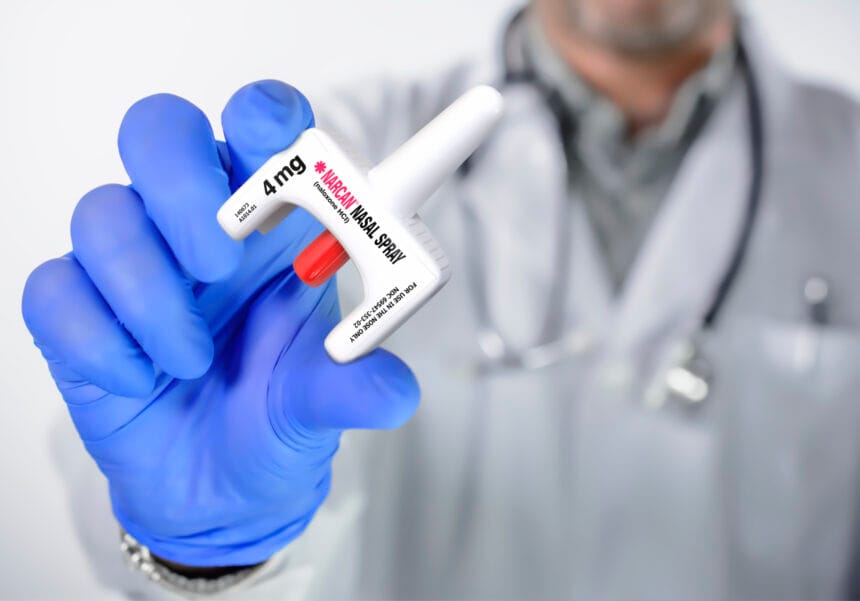The opioid crisis has devastated communities worldwide, affecting millions of individuals and families. Opioid Use Disorder (OUD) is a chronic condition that alters brain function and behavior, making recovery a complex journey. While medication-assisted treatment (MAT) with drugs like methadone and buprenorphine helps curb withdrawal symptoms and cravings, it’s not a complete solution. True recovery goes beyond medication—it requires addressing the psychological and emotional factors that drive addiction. That’s where behavioral therapy plays a critical role.
In this article, we’ll explore the importance of behavioral therapy in opioid addiction treatment, the different types available, and how it fosters long-term recovery.
Understanding Opioid Use Disorder
Opioid addiction isn’t just about physical dependence; it’s deeply tied to mental and emotional struggles. Many individuals with OUD use opioids as a way to escape stress, trauma, or unresolved emotional pain. This cycle of substance use creates long-term changes in the brain’s reward system, making it difficult for people to quit on their own. Breaking free requires more than detox—it demands behavioral changes and coping strategies to prevent relapse.
What is Behavioral Therapy?
Behavioral therapy is a psychological treatment that helps individuals recognize destructive thought patterns and behaviors linked to opioid addiction. It empowers them with coping skills to navigate triggers, stress, and emotional challenges without turning to substances. When combined with MAT, behavioral therapy creates a comprehensive and holistic approach to recovery.
Types of Behavioral Therapies for Opioid Addiction
Several evidence-based behavioral therapies have been shown to help individuals overcome opioid addiction. Here’s a closer look at some of the most effective methods:
1. Cognitive Behavioral Therapy (CBT)
CBT is a widely used therapy that helps individuals identify and change negative thought patterns. It focuses on developing practical coping skills, stress management techniques, and strategies to avoid high-risk situations that may trigger opioid cravings. By restructuring thought processes, CBT allows individuals to respond to stressors in healthier ways.
2. Contingency Management (CM)
CM is a reward-based approach that reinforces positive behavior. Patients receive incentives—such as vouchers, privileges, or financial rewards—for meeting treatment goals like attending therapy sessions or remaining drug-free. Studies have shown that CM significantly increases treatment retention and reduces opioid use.
3. Motivational Interviewing (MI)
Many people with OUD struggle with self-doubt and resistance to treatment. MI is a counseling approach that helps individuals find their internal motivation to change. Therapists use open-ended questions, reflective listening, and goal-setting techniques to build confidence and encourage commitment to recovery.
4. Dialectical Behavior Therapy (DBT)
Originally designed for individuals with borderline personality disorder, DBT has been adapted for addiction treatment. It focuses on emotional regulation, distress tolerance, and mindfulness—skills that help individuals manage cravings and avoid relapse.
5. 12-Step Facilitation Therapy
This approach is based on the principles of Narcotics Anonymous (NA) and Alcoholics Anonymous (AA). It encourages participation in peer-support groups, fostering accountability and a sense of community. Many individuals find long-term recovery success by engaging in 12-step programs alongside professional treatment.
Why Behavioral Therapy is Essential for Opioid Addiction Recovery
Behavioral therapy is a cornerstone of opioid addiction treatment for several key reasons:
1. Addresses Underlying Mental Health Issues
Many individuals with OUD also suffer from co-occurring mental health disorders such as depression, anxiety, or PTSD. Behavioral therapy helps treat these underlying conditions, reducing the risk of self-medicating with opioids.
2. Builds Healthier Coping Strategies
Addiction often stems from a lack of healthy coping mechanisms. Behavioral therapy teaches individuals how to handle stress, trauma, and difficult emotions in ways that don’t involve substance use.
3. Reduces the Risk of Relapse
Behavioral therapy provides individuals with tools to recognize early warning signs of relapse and develop strategies to maintain sobriety. Studies show that combining therapy with MAT significantly lowers relapse rates.
4. Strengthens Relationships and Social Support
Addiction often damages relationships with family, friends, and colleagues. Therapy helps individuals rebuild trust, improve communication, and create a strong support system that fosters recovery.
5. Encourages Long-Term Commitment to Sobriety
OUD is a chronic condition that requires lifelong management. Behavioral therapy reinforces recovery goals, helping individuals stay motivated and committed to a drug-free life.
Integrating Behavioral Therapy with Medication-Assisted Treatment (MAT)
While medications like buprenorphine, methadone, and naltrexone help stabilize brain chemistry, they don’t address the psychological and emotional aspects of addiction. That’s where behavioral therapy makes a difference.
For example:
- A patient on buprenorphine might attend CBT sessions to learn how to manage stress and avoid relapse triggers.
- Someone using methadone could participate in contingency management programs to reinforce positive behaviors.
- A person receiving naltrexone may benefit from motivational interviewing to build confidence in their ability to stay sober.
By combining behavioral therapy with MAT, individuals receive a comprehensive treatment plan that addresses both the physical and mental aspects of addiction.
Endnotes
Overcoming opioid addiction is not just about quitting drugs—it’s about transforming behaviors, mindsets, and emotional responses. Behavioral therapy plays a crucial role in this process by helping individuals understand their addiction, develop healthier coping skills, and build a strong foundation for long-term recovery.
When integrated with medication-assisted treatment, behavioral therapy significantly improves recovery outcomes, reduces relapse rates, and enhances overall well-being. By addressing both the physical and psychological dimensions of opioid addiction, healthcare providers can create more effective treatment plans, giving individuals the best chance to reclaim their lives and achieve lasting sobriety.










